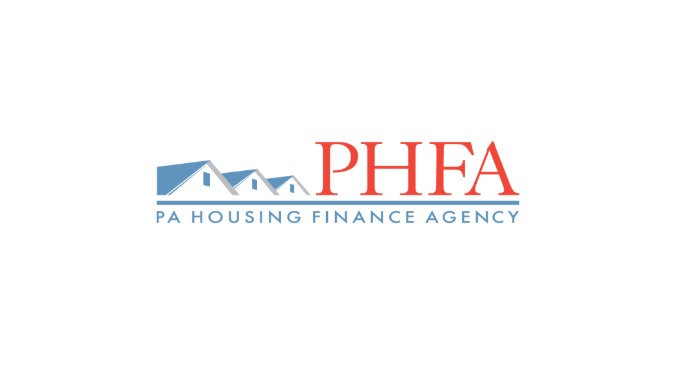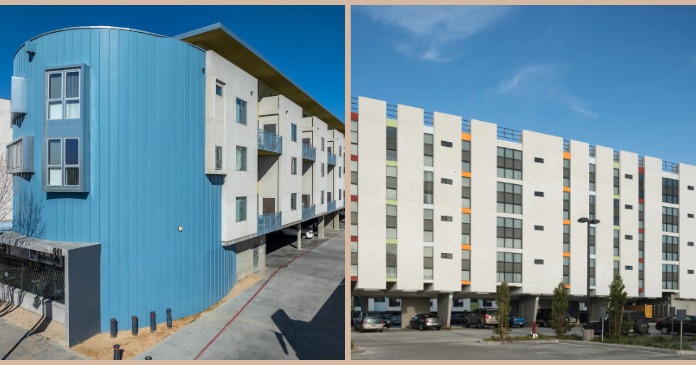Apartment market conditions continued to weaken in the National Multifamily Housing Council’s (NMHC) Quarterly Survey of Apartment Market Conditions for April 2023, as the Market Tightness (31), Sales Volume (26), Equity Financing (23), and Debt Financing (29) indexes all came in well below the breakeven level (50).
“Apartment operators reported an uptick in vacancies and concessions this quarter,” noted NMHC’s Vice President of Research Caitlin Sugrue Walter. “And while some of this softness can be attributed to seasonality, investors remain concerned about the coming wave of supply in some markets and the prospect of slower economic growth in 2023. Only 11% of Quarterly Survey respondents believe that the Fed will be able to achieve a soft landing this year in its effort to rein in inflation.
“The transaction market, meanwhile, remains at a virtual standstill, with current apartment owners unwilling to offer buyers the lower prices necessary to compensate for both this diminished economic outlook and the elevated cost of debt.”
- The Market Tightness Index came in at 31 this quarter—below the breakeven level (50)—indicating looser market conditions for the third consecutive quarter. More than half of respondents (51 percent) reported markets to be looser than three months ago, while only 14 percent thought markets have become tighter. Meanwhile, around a third of respondents (34 percent) thought that market conditions were unchanged over the past three months.
- The Sales Volume Index reading of 26 marked the fourth consecutive quarter of decreasing deal flow. Yet, while a majority of respondents (56 percent) reported lower sales volume, this is down from 82 percent of respondents who reported lower sales volume in January, 89 percent of respondents in October and 83 percent of respondents in July. Just 9 percent of respondents thought that volume was higher than three months ago, while 30 percent reported no change in volume.
- The Equity Financing Index came in at 23—considerably lower than the breakeven level (50)—indicating the fifth straight quarter in which equity financing became less available. Sixty percent of respondents reported equity financing to be less available than three months ago, 24 percent of respondents believed availability to be unchanged, while just 6 percent of respondents reported an increase in the availability of equity financing.
- The Debt Financing Index reading of 29 indicated the seventh consecutive quarter in which debt financing became less available. Fifty-three percent of respondents reported that conditions have worsened for debt financing, nearly a quarter (24 percent) thought that conditions were unchanged, while 12 percent reported that now is a better time to borrow than three months ago.
The Federal Reserve remains committed to bringing down inflation via tighter monetary policy, thereby raising the prospect of slower economic growth. A majority of Quarterly Survey respondents (64 percent) believed that a “bumpy landing” is the most likely scenario, where growth slows to a below average or negative rate and then rebounds to a sustainable pace. Twenty-one percent of respondents thought that the Fed’s actions will lead to a “hard landing”, or recession scenario, while just 11 percent predicted a “soft landing”, where economic growth simply slows to a more sustainable pace.
About the survey
The April 2023 Quarterly Survey of Apartment Market Conditions was conducted from April 10-17, 2023. A total of 162 CEOs and other senior executives of apartment-related firms nationwide responded.













